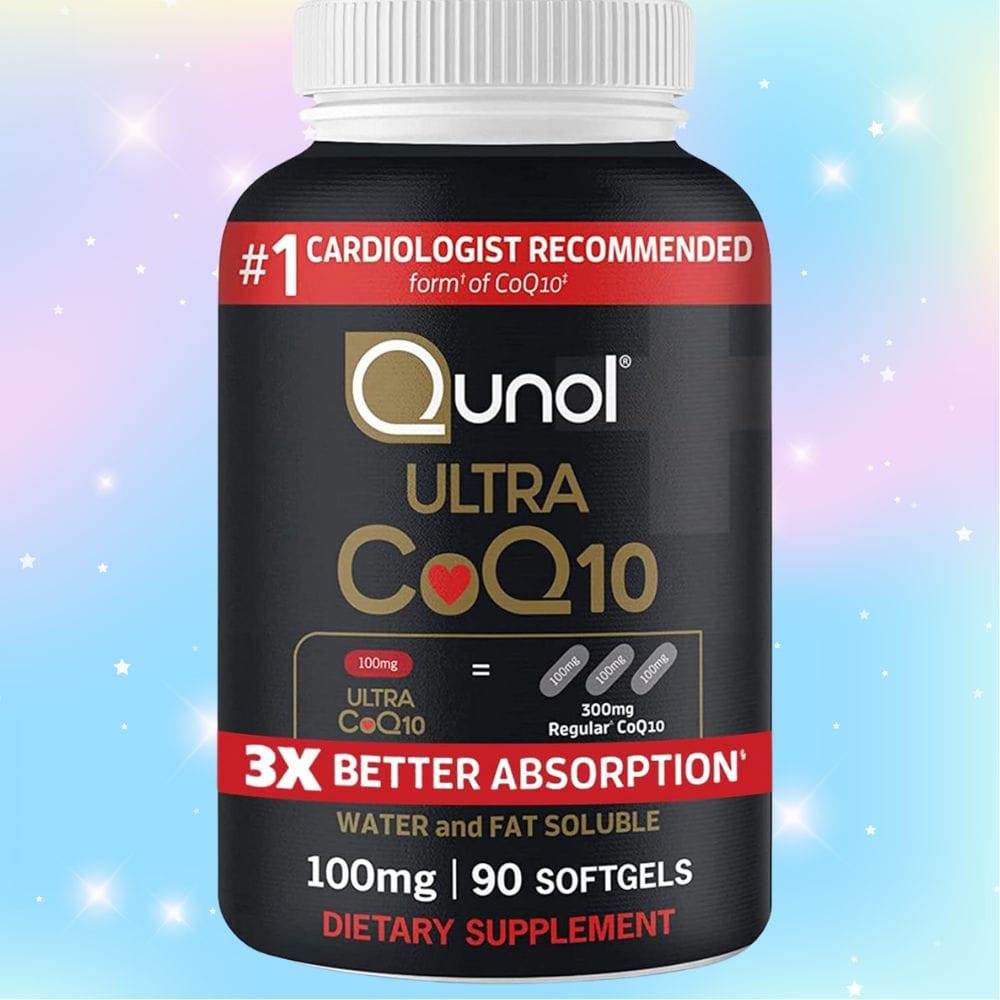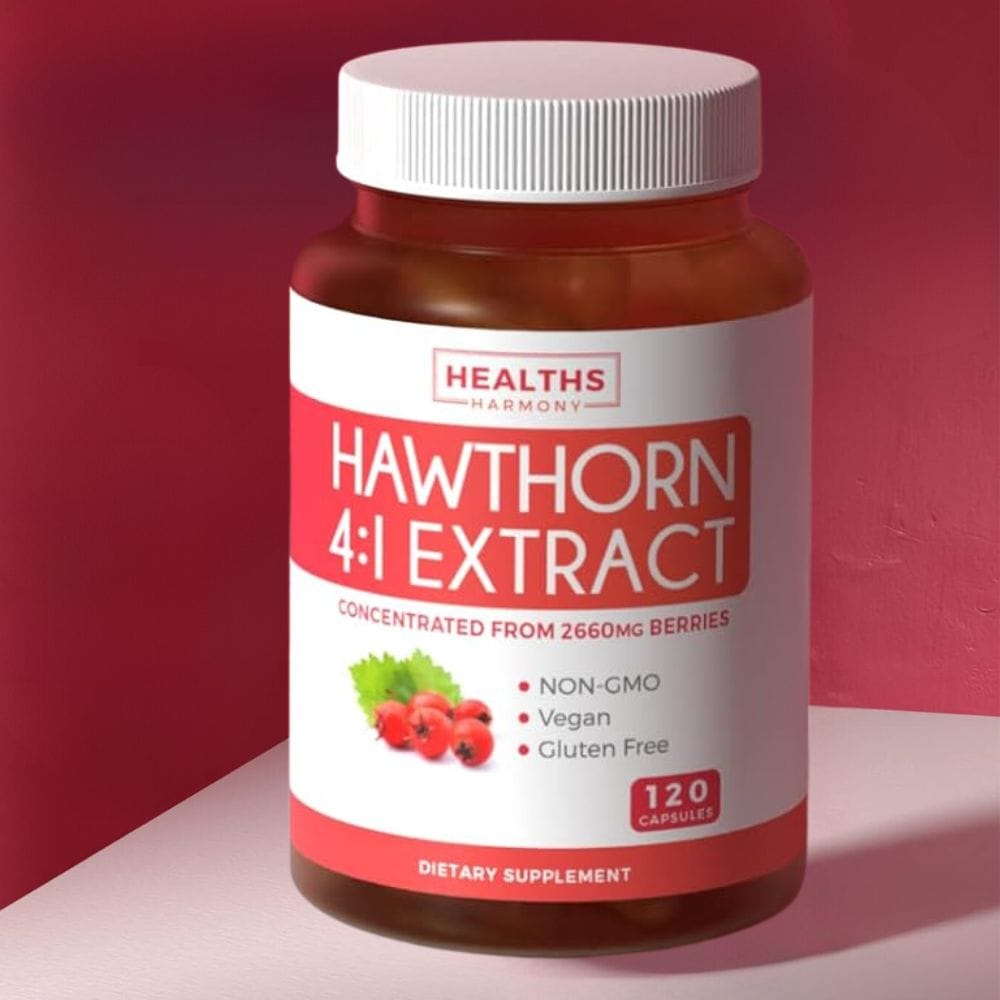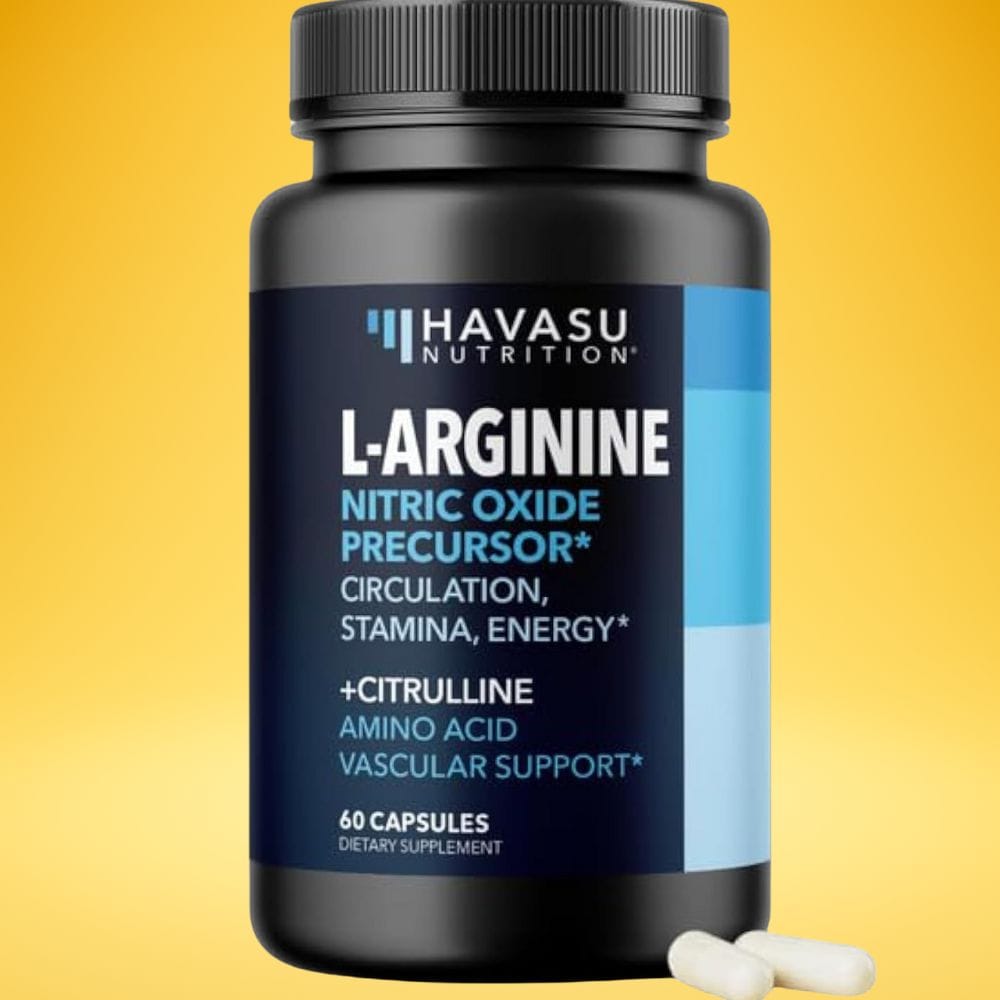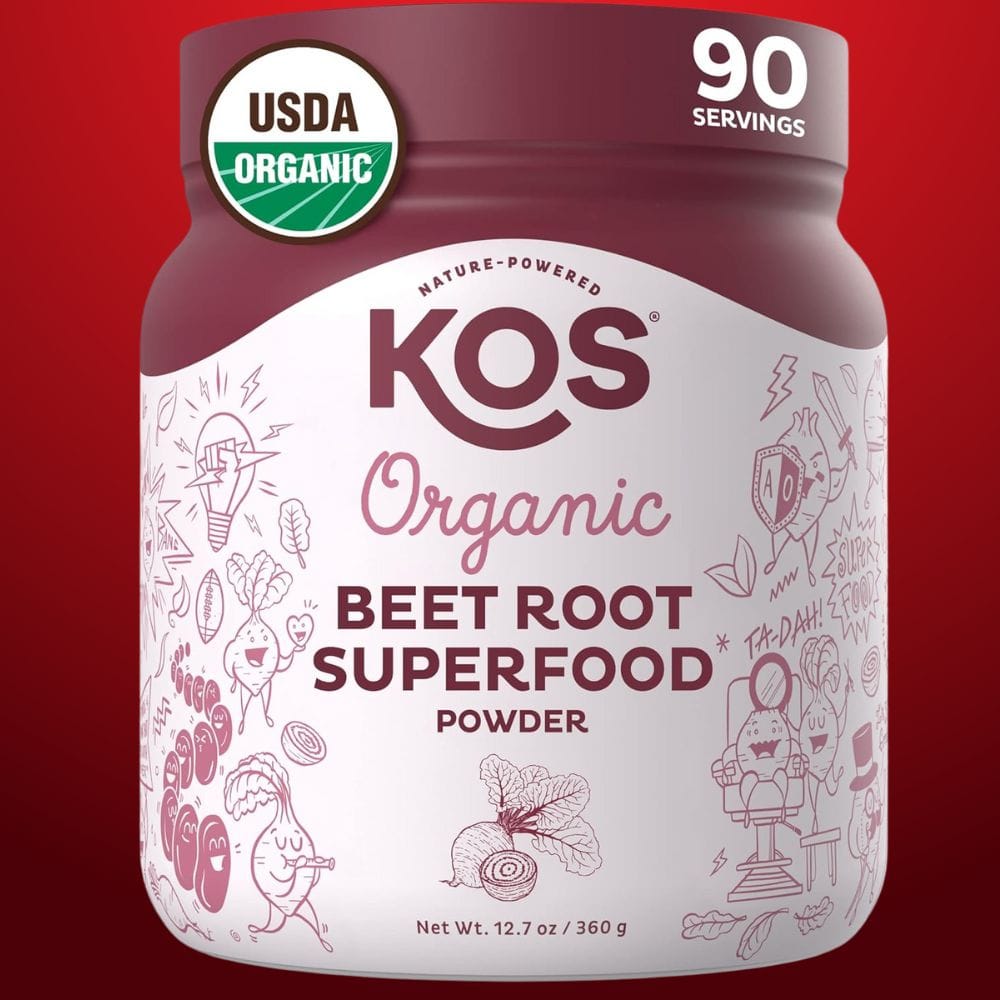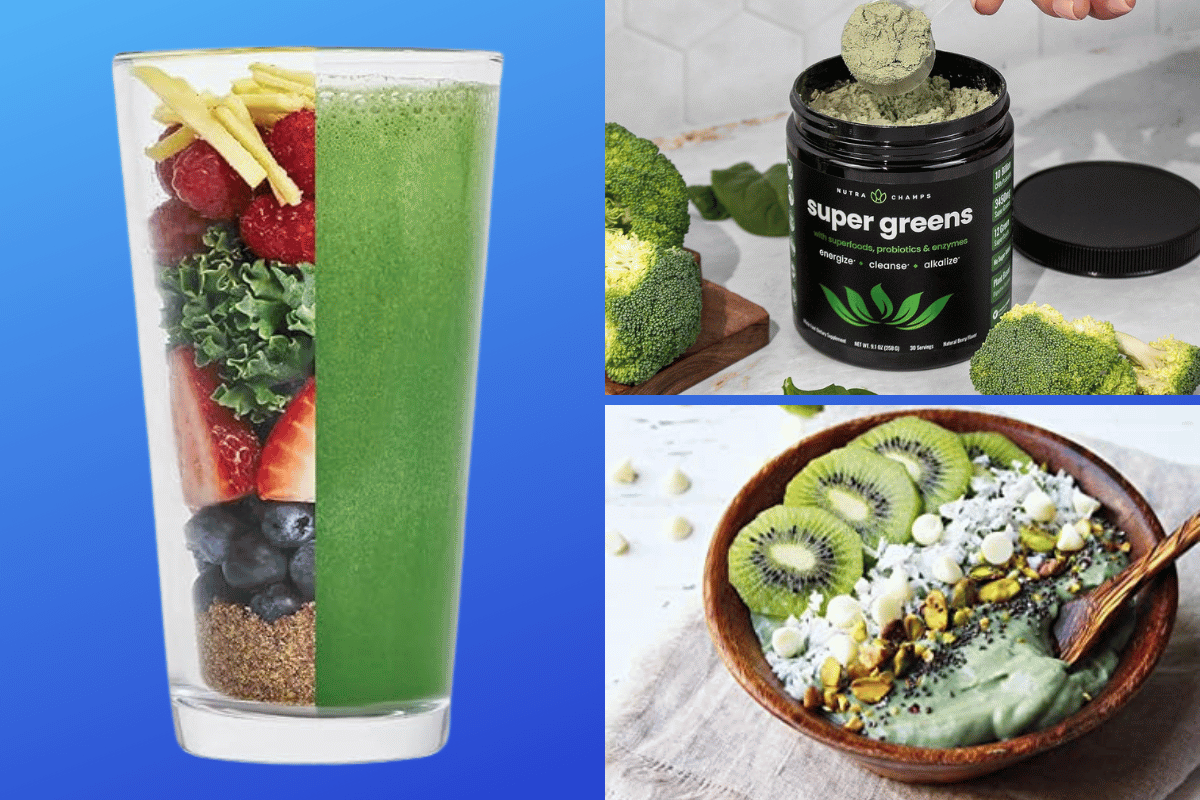Key Takeaways:
- Certain dietary supplements can aid in naturally lowering blood pressure.
- A combination of minerals, vitamins, and other natural compounds has been shown to help maintain healthy blood pressure levels.
- Lifestyle changes alongside supplementation can contribute to cardiovascular health and blood pressure regulation.
High blood pressure, or hypertension, is a common health issue that can lead to serious cardiovascular diseases if left unmanaged. While blood pressure medication is often prescribed to treat high blood pressure, many individuals seek natural alternatives to support their cardiovascular health. This article explores various supplements that can help lower blood pressure naturally.
The Role of Magnesium in Blood Pressure Regulation
Magnesium supplements are often recommended for their role in maintaining a healthy cardiovascular system. This essential mineral helps relax blood vessels, which can reduce arterial stiffness and improve blood flow. Studies suggest that dietary magnesium can be beneficial for people with high blood pressure, potentially helping to reduce systolic blood pressure.
Potassium Supplements for Managing Hypertension
Potassium is another key mineral that supports blood pressure regulation. It helps balance the amount of sodium in the body and eases tension in the blood vessel walls. Potassium supplementation has been linked to lower blood pressure levels, especially in individuals with mild hypertension or those consuming a diet low in potassium.
The Impact of Omega-3 Fatty Acids on Heart Health
Fish oil supplements, rich in omega-3 fatty acids, are known for their cardiovascular benefits. These fatty acids can help lower blood pressure by reducing inflammation and dilating blood vessels. Regular intake of omega-3s has been associated with healthy blood pressure levels and a reduced risk of developing hypertension.
Garlic Supplements: A Natural Blood Pressure Ally
Garlic has been used for centuries for its medicinal properties. Garlic supplements can help lower blood pressure naturally by stimulating the production of nitric oxide, which helps relax blood vessels. Available randomized clinical trials have shown that garlic can effectively reduce blood pressure in people with hypertension.
The Benefits of Vitamin D for Blood Pressure Control
Vitamin D plays a crucial role in heart health and blood pressure regulation. Low levels of vitamin D have been linked to an increased risk of high blood pressure. Supplementation with vitamin D can help regulate blood pressure and may prevent the onset of hypertension.
Coenzyme Q10: An Antioxidant for Lowering Blood Pressure
Coenzyme Q10 (CoQ10) is an antioxidant that helps generate energy in cells and may have a positive effect on blood pressure. Research suggests that CoQ10 can help lower systolic and diastolic blood pressure without significant side effects.
Exploring Hawthorn Extract for Blood Pressure Management
Hawthorn extract is gaining traction as a complementary approach for those aiming to maintain normal blood pressure. This botanical supplement, derived from the hawthorn plant, has been traditionally used to support cardiovascular health.
Recent studies suggest that hawthorn extract may enhance heart function and promote arterial health, which can be beneficial in managing high blood pressure trends. While not as commonly discussed as omega fatty acids or amino acids, hawthorn's unique blend of bioactive compounds could offer a holistic way to support the cardiovascular system.
In the realm of randomized controlled trials, hawthorn extract has shown promise in its ability to lower blood pressure in patients with mild to moderate hypertension. It's believed that the extract's antioxidant properties help dilate blood vessels, improving circulation and reducing the workload on the heart.
However, it's crucial for individuals, especially those on blood thinners or with low blood pressure, to consult with healthcare professionals before incorporating hawthorn or any new supplement into their regimen. As with all heart-related matters, personalized medical advice is key to disease control and prevention.
The Influence of Calcium on Hypertension and Bone Health
Calcium is often lauded for its critical role in bone health, but its influence on cardiovascular disease, particularly high blood pressure, is equally noteworthy. Studies suggest that calcium can help lower blood pressure according to the body's needs.
This is because calcium plays a pivotal role in the constriction and relaxation of blood vessels. When there is a sufficient amount of calcium, blood vessels can properly contract and relax, thereby helping to regulate blood pressure levels.
Moreover, a randomized controlled trial has indicated that increased calcium intake, alongside a balanced diet, may contribute to a modest reduction in blood pressure, especially in individuals who have high blood pressure.
It's important to note that while calcium supplements can be beneficial, calcium from dietary sources is generally preferred. Foods rich in calcium, such as dairy products, leafy greens, and fortified foods, should be a part of a heart-healthy diet.
The Role of Omega Fatty Acids in Vascular Flexibility
Omega fatty acids, particularly omega-3s, are renowned for their role in heart health, but their influence extends to the very vessels that carry blood throughout our bodies.
Vascular flexibility is a critical factor in maintaining healthy blood pressure levels. When blood vessels are supple, they can expand and contract with ease, allowing blood to flow smoothly and reducing strain on the heart.
Omega fatty acids contribute to this flexibility by combatting inflammation, which is a known culprit in stiffening arteries. Studies have shown that regular intake of omega-3 supplements can lead to improved endothelial function, which is a measure of how well the blood vessels can accommodate changes in blood flow.
Incorporating omega fatty acids into one's diet through fish oil supplements or by consuming fatty fish like salmon and mackerel can be a practical approach to enhancing vascular health.
Not only do these nutrients aid in maintaining the elasticity of blood vessels, but they also help in reducing the buildup of arterial plaque, which can lead to hypertension if left unchecked.
By prioritizing the consumption of omega-rich foods or supplements, individuals may experience a natural and gradual lowering of blood pressure, contributing to overall cardiovascular well-being.
Omega Fatty Acids and Their Role in Blood Pressure Hormone Regulation
The body's ability to regulate blood pressure is partly influenced by a delicate balance of hormones, and omega fatty acids play a pivotal role in this hormonal interplay.
For instance, omega-3 fatty acids can modulate the production of substances like eicosanoids, which have a profound effect on blood vessel constriction and relaxation. By influencing these compounds, omega fatty acids help maintain a balance that favors normal blood pressure levels.
Moreover, omega fatty acids have been linked to the regulation of the renin-angiotensin-aldosterone system (RAAS), a hormone system that plays a crucial role in controlling blood pressure and fluid balance.
By modulating this system, omega-3s can help reduce the body's response to stressors that typically cause vasoconstriction and water retention, both of which can lead to increased blood pressure.
Regular intake of omega fatty acids, through diet or supplementation, may thus offer a natural method for supporting the body's hormonal mechanisms responsible for blood pressure regulation.

Stress Management and Its Effect on Hypertension
The connection between stress and high blood pressure is a subject of increasing interest in the medical community. Chronic stress is known to increase blood pressure, which can lead to hypertension over time.
The body's response to stress involves the release of hormones that temporarily increase blood pressure by causing your heart to beat faster and your blood vessels to narrow. However, there's more to the story than just the immediate physiological response.
Managing stress through various techniques such as mindfulness, meditation, and regular physical activity can have a profound impact on blood pressure levels. For instance, engaging in activities that promote relaxation and stress reduction can help mitigate the long-term effects of stress on cardiovascular health.
Additionally, incorporating stress management strategies into one's lifestyle can complement the benefits of omega-3 fatty acids and potassium intake, creating a holistic approach to maintaining healthy blood pressure levels.
The Significance of L-arginine in Hypertension and Heart Health
L-arginine, an amino acid that the body utilizes in the synthesis of proteins, also plays a pivotal role in cardiovascular health. It is the precursor to nitric oxide, a molecule that helps relax blood vessels and lowers blood pressure accordingly.
For individuals with primary hypertension, supplementing with L-arginine could potentially aid in achieving a more balanced blood pressure level. This amino acid's impact on circulatory health makes it a point of interest for researchers and those seeking natural methods to support their cardiovascular system.
However, the effectiveness of L-arginine supplements can vary, and they are not a one-size-fits-all solution. Randomized controlled trials have provided mixed results, with some showing significant benefits for coronary heart disease and others indicating minimal impact.
It's important to note that certain supplements, including L-arginine, may interact with medications, particularly those prescribed for heart attack prevention or kidney disease management. As always, it's recommended to discuss with a healthcare provider before starting any new supplement, especially for those with existing health conditions or those taking other medications.
The Power of Amino Acids in Cardiovascular Health
Certain amino acids, such as L-arginine, are precursors to nitric oxide, a molecule that helps dilate blood vessels and improve blood flow. Supplementing with L-arginine can help lower blood pressure and support overall cardiovascular health.
Beetroot Juice: A Natural Way to Improve Blood Flow
Beetroot juice is rich in nitrates, which the human body converts into nitric oxide. This can lead to the widening of blood vessels and a decrease in blood pressure. Drinking beetroot juice has been shown to reduce high blood pressure levels in several studies.
Vitamin C Supplements and Their Effect on Blood Pressure
Vitamin C is known for its immune-boosting properties, but it also plays a role in cardiovascular health. Vitamin C supplements can help improve the function of blood vessels, potentially leading to lower blood pressure levels.
The Connection Between Fiber and Blood Pressure
A diet high in fiber has been associated with lower blood pressure. While fiber is best obtained from food sources, fiber supplements can also contribute to reducing blood pressure and maintaining a healthy diet.
Incorporating Flavonoids for Heart Health
Flavonoids in various fruits and vegetables have antioxidant properties that can benefit heart health. Flavonoid supplements may help lower blood pressure by improving the health of blood vessels and reducing inflammation.
The Synergistic Effects of Lifestyle Changes and Supplementation
While supplements can aid in lowering blood pressure, they are most effective when combined with lifestyle changes such as a healthy diet, regular exercise, and stress management. These changes can help reduce the risk of cardiovascular diseases and promote overall well-being.
SwagScale Summary
In conclusion, a variety of supplements can help lower blood pressure naturally, including magnesium, potassium, omega-3 fatty acids, garlic, vitamin D, CoQ10, amino acids, beetroot juice, vitamin C, fiber, and flavonoids.
It's important to remember that these supplements should complement a healthy lifestyle for optimal cardiovascular health. Always consult with a healthcare professional before starting any new supplement regimen, especially if you are already taking blood pressure medication or have other health concerns.
Your Pickleball Paddle Guru
Ray
FAQ Section
Can I replace my blood pressure medication with natural supplements?
No, you should not replace prescribed blood pressure medication with natural supplements without consulting your healthcare provider. Supplements can support blood pressure regulation but are not a substitute for medication.
Can I replace my blood pressure medication with natural supplements?
No, you should not replace prescribed blood pressure medication with natural supplements without consulting your healthcare provider. Supplements can support blood pressure regulation but are not a substitute for medication.
How long does it take for supplements to lower blood pressure?
The time it takes for supplements to affect blood pressure can vary depending on the individual and the supplement. Some people may notice changes within a few weeks, while for others, it may take longer. Consistency and lifestyle modifications play a significant role in the effectiveness of supplements.
Are there any risks associated with taking supplements to lower blood pressure?
While many supplements are safe for most people, there can be risks, especially if taken in high doses or in combination with other medications. It's essential to consult with a healthcare professional before starting any supplementation, particularly if you have existing health conditions or are taking other medications.







